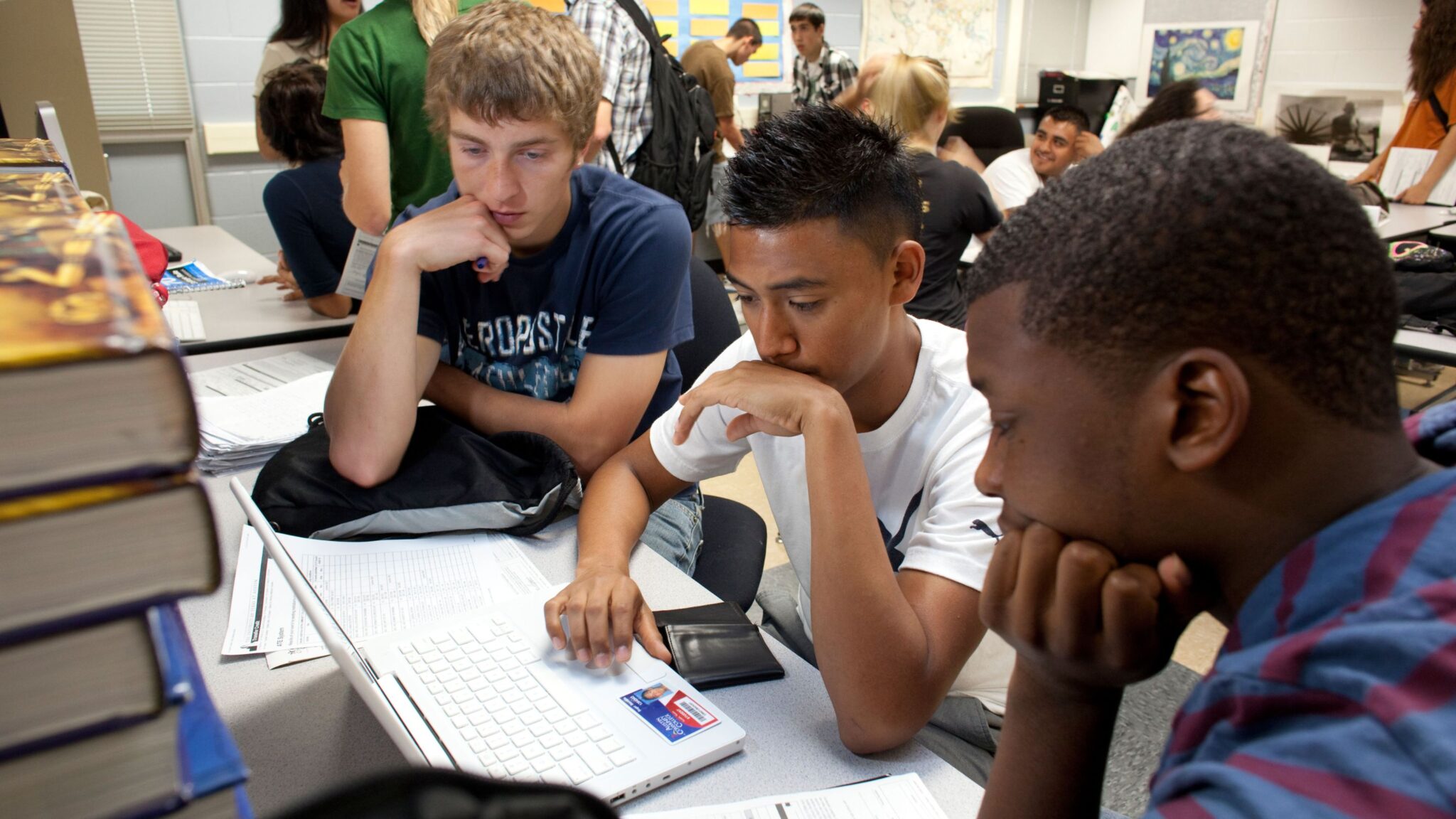Learning is a process of assimilation of information that results in a permanent behavior change. Learning is also seen as a change in behavior as a result of experience or conditioning. Steers and Porter (1991.6) describe learning as any relatively permanent change in behavior potentiality that results from reinforced practice or experience.
Hulse, Deese, and Egeth define learning as a, relatively permanent change in behavior or potential behavior that results from direct or indirect experience. According to S.P. Robbins, Learning is any relatively permanent change in behavior that occurs as a result of experience.
According to Scott Miller, Learning is a change that occurs in response to thinking or other sensual stimuli. All the definitions emphasize a permanent behavior change.
It is the accumulation and application of knowledge, which leads to an expansion of what is already known. You can gather a lot of information without request. When this happens, it means learning has not taken place.
Several people attend lectures and accumulate information and nothing changes about them. They maintain the same old methods of attending to issues, stagnated and retrogressive. Learning produces changes that affect your personality or behavior.
Learning is supposed to be continuous in life. It is difficult to ascertain when learning begins and where or when it ends. Every activity, experience, travel, and interaction are ingredients of learning. When you stop learning, you stop living.
That is why they say, learning is from the cradle to the grave.‘ Learning ceases when you die. The questions to answer: are you still learning? Are you still living?
Read Also: The Reading Process and the Goal of Reading
Like driving, learning is a skill that is consciously learned. To learn very effectively, you must understand the required skills, and develop and improve on them. This will enable you to succeed in your academics, career, family, and social relationships.
Without the necessary skills, learning will be tedious, drudgery, and discouraging. Learning skills are described as universal needs for any academic study or career. Zook (2019) summarises learning skills in 4Cs, which he describes as critical thinking, creativity, collaboration, and communication.
Critical Thinking
He describes critical thinking as the mechanism that weeds out problems and replaces them with fruitful endeavors. It is what helps students figure out issues for themselves when they do not have a teacher at their disposal.
From this explanation of critical thinking, you should understand the place of critical thinking in your daily activities. Critical thinking is generally referred to as left-brain‖ activity. Some of the critical thinking abilities identified by Zook (2019) include:
Analyzing enables you to break complex issues into parts, and scrutinize each part and how they fit together. It also involves examining the causes and effects of a problem and finding ways to alleviate the causes or effects.
Logical arguments enable you to reach meaningful conclusions.
Defining and Describing – this involves explaining all shades of meaning of terms which may include denotation, connotation or synonyms, and antonyms. It also involves the proper description of concepts such that others can easily understand them.
Evaluating is deciding on the worth of something by comparing it against an accepted standard of value.
Creative Thinking
On the other hand, creativity is a skill that enables you to see things or concepts in a different dimension, which often leads to innovation. Creativity helps you to depart from the way things have always been done. It leads to change.
Collaboration
Zook explains further that collaboration gets students to work as a team, achieve compromises, and get the best possible results from solving a problem. Working together for the common but greater good of the organization is the main essence of collaboration.
Communication
He describes communicating as the glue that brings‖ all the other skills together. Other learning skills such as reading, listening, speaking and study skills are discussed in other sections of this course material.
Learning skills are for now and for life. They pay lifelong dividends. They affect personally, mentally, academically, financially, socially, and all around.
Read Also: Types and Methods of Reading
